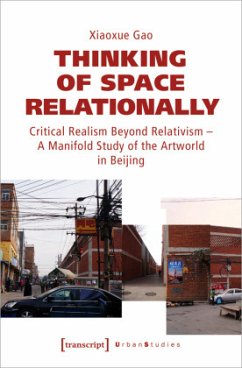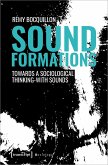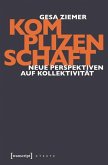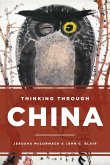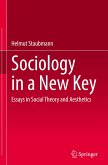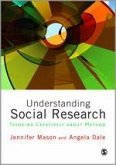Since the relational turn, scholars have combated methodological universalism, nationalism, and individualism in researching social-spatial transformations. Yet, when leaving the gaps between the traveling and local epistemic assumptions unattended, engaging relational spatial theories in empirical research may still reproduce established theoretical claims. Following the sociology of knowledge tradition and taking Critical Realism as a meta-theoretical framework, Xiaoxue Gao takes relational spatial theories as traveling conceptual knowledge and develops meaningful and context-sensitive ways of engaging them in studying the complex urban phenomenon in China. She offers conceptual elucidations and methodological roadmaps, which leap productively from employing plural causal hypotheses to generating effect-based explanations for locally observable events. They are exemplified by manifold interrogations of Beijing's Artworld as a conjuncture of particular events.

